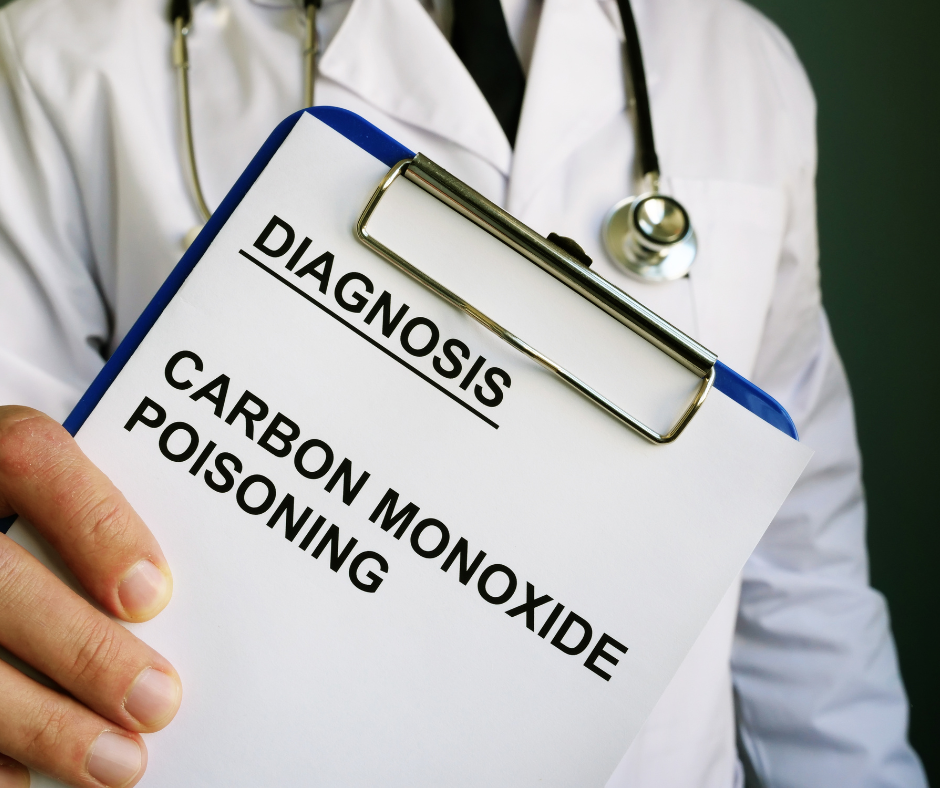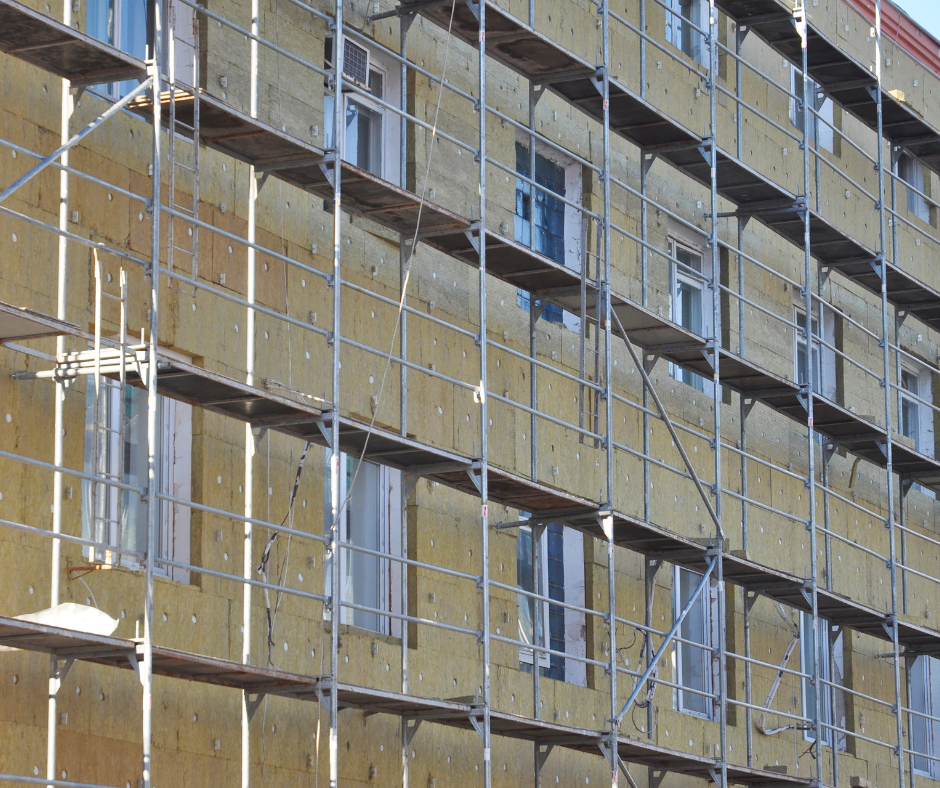Carbon monoxide (CO) is very common form of household poison created when burning fuel. It cant be seen, tasted or smelt. Carbon monoxide poisoning can cause permanent damage to health or at worst fatal.
Read below on what to do if you think you have been exposed carbon monoxide, where to put your carbon monoxide alarms, what kind of carbon monoxide alarm to buy and how to avoid carbon monoxide poisoning.
Carbon monoxide (CO)
In this day and age of modern appliances and detectors you would be surprised to know that on average 40 deaths and 200 serious injuries are reported every year in England and Wales from high-level carbon monoxide poisoning. Newly amended
Smoke and Carbon Monoxide Alarm (Amendment) Regulations 2022 outline responsibilities and requirements to be followed in order to safe guard residents and occupants against Carbon Monoxide.
What is carbon monoxide (CO)?
Carbon monoxide is a gas that is odourless, tasteless, and odourless, a. It is a by product of the incomplete combustion of fuels, which occurs when there is not enough oxygen present. When there is enough oxygen present, a process called complete combustion takes place, which results in the generation of carbon dioxide.
Most combustion processes (natural or man-made) create some carbon monoxide. CO fumes are odourless, colourless, and extremely toxic fumes that are created when fossil fuels are burned in an inefficient manner (e.g. coal, gas, oil, wood). CO is difficult to detect because it does not have a flavour, an odour, or a visible appearance.
This can occur when a device, such as a boiler, cooker, heater, gas fire, or solid fuel burner, is malfunctioning, has been poorly installed, or has not been serviced on a regular basis. Additionally, it may take place if the flues, chimneys, or vents in a building are obstructed or badly maintained
What is Carbon Monoxide Poisoning?
Carbon monoxide is produced by incomplete combustion of fuel-burning appliances such as boilers, water heaters, cookers, fireplaces, space heaters, and others. When these appliances are not properly maintained or operated correctly they can produce large amounts of carbon monoxide which can build up inside a home or other structure and become hazardous to people living there.
What are the Symptoms of Carbon Monoxide Poisoning?
The symptoms of carbon monoxide poisoning include
headache, dizziness, weakness, nausea, confusion and vision problems.
In severe cases it can lead to loss of consciousness and even death. It’s important to pay attention to these symptoms if you have any fuel-burning appliances in your home or workplace as they could be signs that you are being exposed to dangerous levels of CO.
What to do if you suspect CO poisoning
- Leave the property right away.
- If someone appears to be poisoned or has collapsed, get them outside, phone 999, and request an ambulance.
- If you suspect CO poisoning, get emergency medical attention. Consult your doctor or go to the hospital and inform them that you suspect CO poisoning. To check, they can perform a blood or breath test.
- Before returning to your property, call the 24 hour Gas Emergency Number at 0800 111 999 to report the incident and obtain safety advice (even if the suspected source of the CO is not a gas appliance).
- Do not re-enter the residence until the source of the CO has been identified and corrected by a certified professional.
- You may require the services of a Gas Registered Engineer to assess your appliances and flues to ensure that everything is in working order.
- If you feel there is a gas leak, call the Gas Emergency Helpline at 0800 111 999.
Where in the home can CO be produced?
Carbon monoxide can be produced by:
- Blocked, damaged or poorly maintained chimneys or flues
- Portable heaters using liquid petroleum gas (LPG)
- Gas boilers and water heaters
- Gas fires and log burners
- Gas cookers hobs and ovens
- Car engines and generators
- BBQs – charcoal or gas
CO Alarm Guidance for landlords
Landlords of privately rented and registered social housing properties in England, are now required to abide by the new changes to the regulations regarding smoke and carbon monoxide alarms.
From 1 October 2022, all private landlords must now comply with the Smoke and Carbon Monoxide Alarm (Amendment) Regulations 2022 which, replaces the previous regulation.
Landlords are now required to:
- ensure each storey of a house, used as a living accommodation, is fitted with a smoke alarm
- Ensure that any room fitted with a fuel burning appliance must also contain a carbon monoxide alarm, excluding gas cookers.
- Ensure mezzanines are treated as a storey and fitted with a smoke alarm.
- Ensure that they repair and replace both smoke and carbon monoxide alarms if notified as faulty
Please refer to our Changes to Smoke and CO alarm regulations for more details.
Ways to Avoid Carbon Monoxide Poisoning
To avoid carbon monoxide poisoning there are several steps you should take:
- register and maintain your appliances
- have your boiler and other fuel burning appliances serviced annually
- have your chimney swept and flue inspected annually
- register your appliances so you are alerted by the manufacturers to any known faults;
- install carbon monoxide alarms near any fuel-burning appliance you have in every room where there is a fuel-burning appliance
- test them regularly (at least once per month);
- don’t use charcoal grills indoors or in enclosed spaces such as home garages
- burning wood kerosene propane candles etc should not be done indoors or in enclosed spaces
- don’t use petrol/diesel powered tools or engines indoors or in enclosed spaces
- make sure the generator is at least 20 feet away from windows if using outside
- if camping with a tent make sure you don’t have a campfire underneath it as this can create CO levels that can cause sickness.
Why is it important to service gas appliances?
To ensure the safety of occupants in your property, it is highly recommended to have your boiler and other fuel-burning appliances serviced by a qualified professional on an annual basis. The trained professionals can identify any minor issues before they become major problems that take time and are costly to repair.
Additionally, regular servicing of these appliances will help them operate efficiently, which in turn can save you money on energy bills over time. So don’t wait for something to go wrong; get your boiler and other fuel burning appliances serviced annually to keep the occupants safe, comfortable, and economically sound.
Final thoughts
Carbon monoxide (CO) poisoning is a serious problem that should not be taken lightly. It is a toxic gas that can be released by some poorly maintained or defective appliances.
Fortunately, there are ways to prevent CO poisoning from happening, as outlined above. If you need any help with installation of these measures or servicing of you boiler or gas appliances, call us today for a free quote



